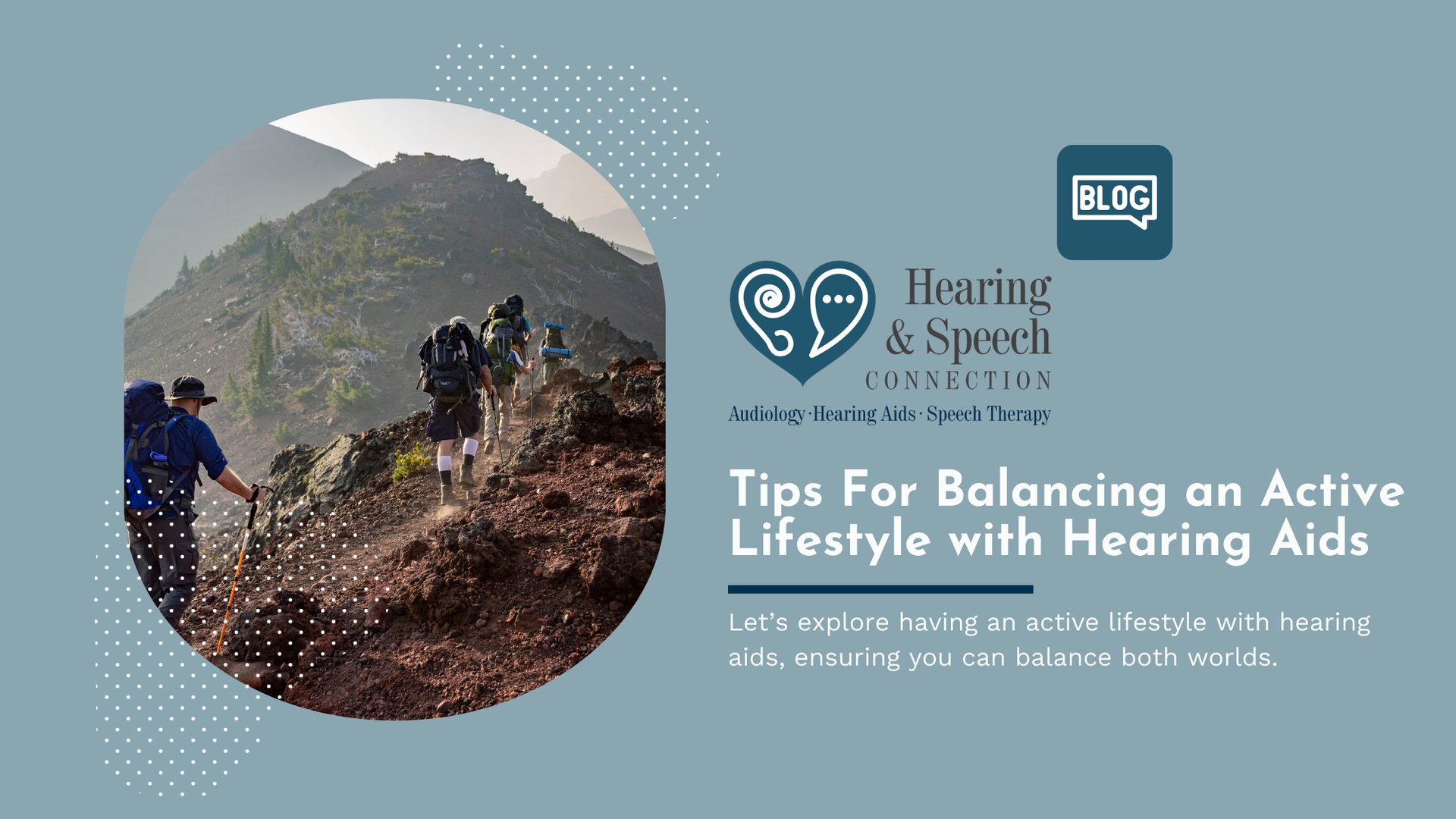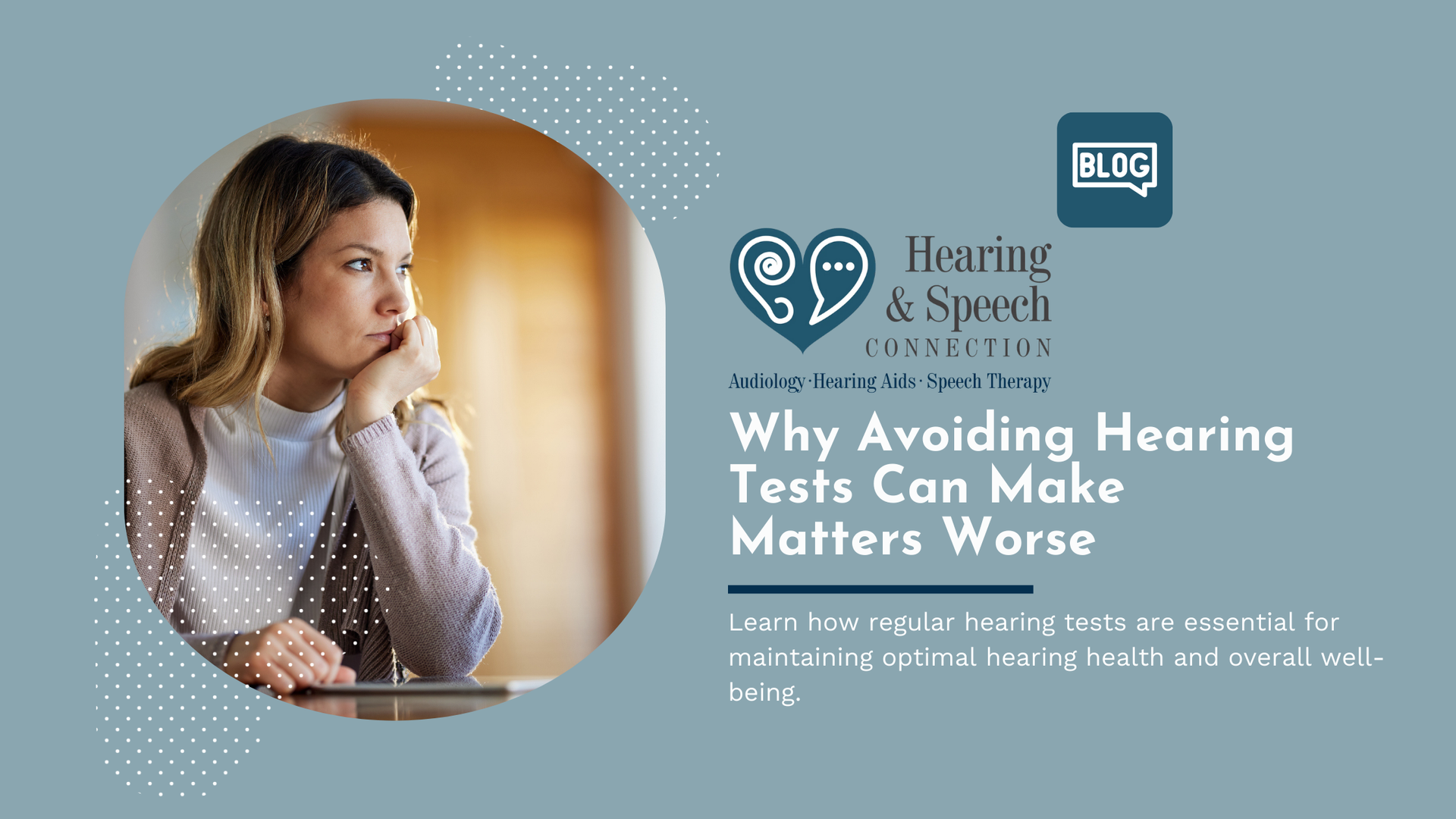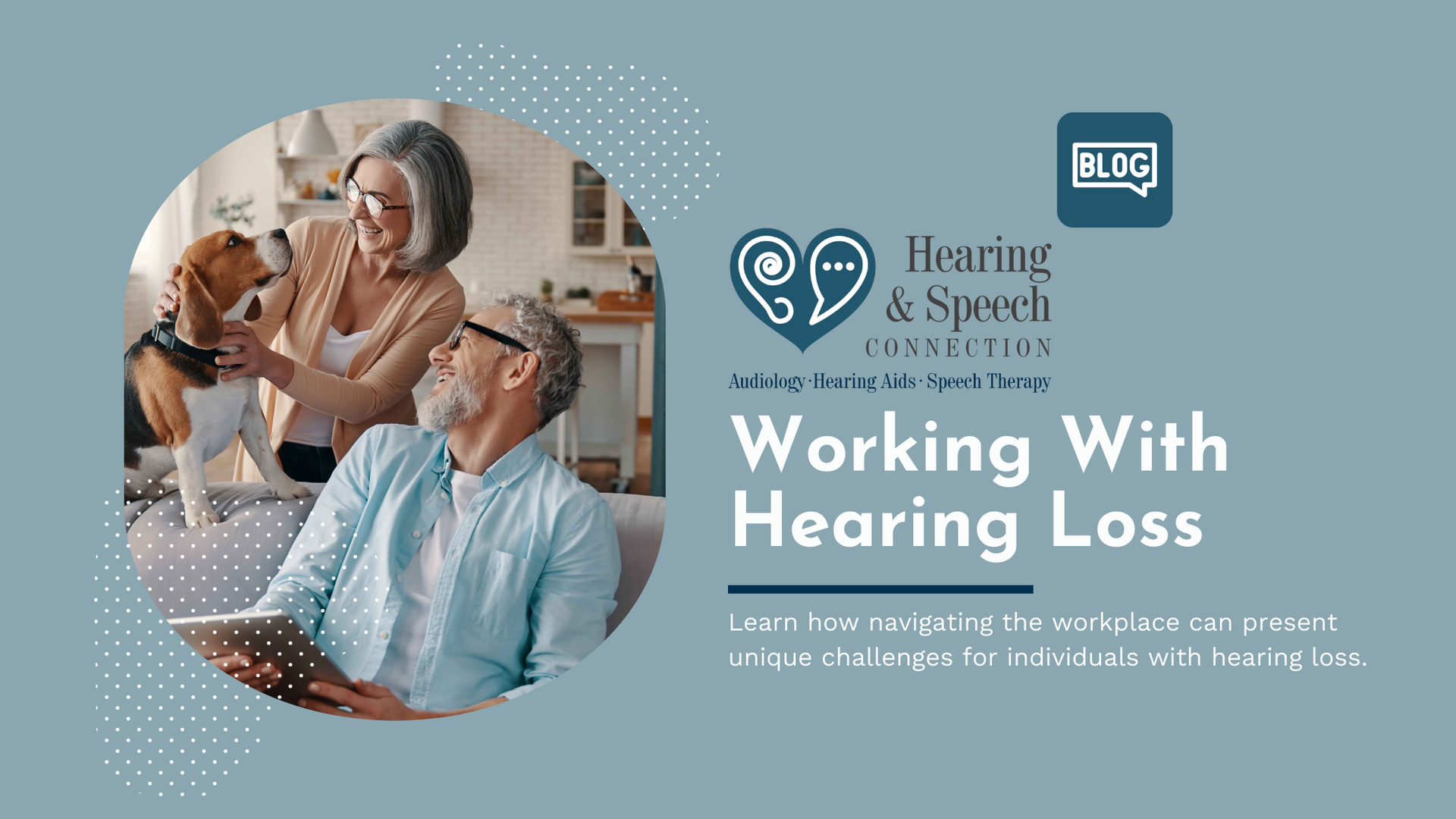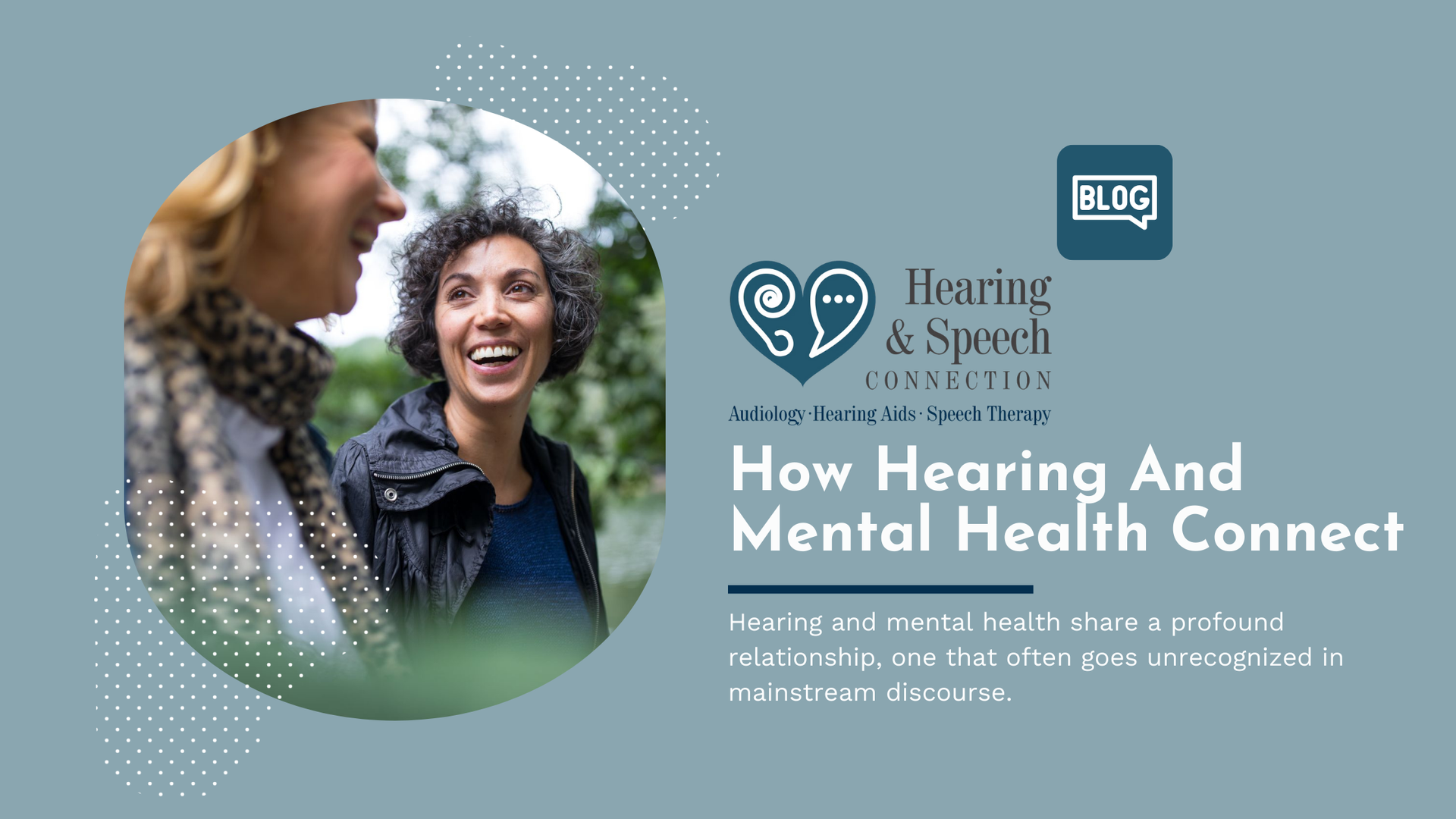This November, Test Your Hearing in Honor of American Diabetes Month
American Diabetes Month is celebrated this month. This is a good time to get tested for diabetes and learn more about how you can prevent it.
Diabetes is a disease where the body does not produce or use insulin properly. Insulin is a hormone that helps the body use sugar (glucose) for energy.
There are two main types of diabetes: type 1 and type 2. In type 1 diabetes, your immune system mistakenly attacks and destroys your pancreas’ beta cells, which make insulin. Your pancreas can’t make enough insulin to keep your blood sugar normal, so you need to take insulin by injection or through an insulin pump to help keep it at a healthy level.
In type 2 diabetes, either your pancreas doesn’t make enough insulin or your body has become resistant to its effects — meaning it doesn’t work as well as it should in helping transport glucose into cells where it can be used as energy
Diabetics are more likely to suffer hearing loss than non-diabetics.
Diabetics are more likely to suffer from hearing loss than non-diabetics. The disease is associated with a number of factors that can lead to impaired senses, including:
- High blood sugar levels
- High cholesterol levels
- Rheumatoid arthritis (an autoimmune disease)
Diabetes can lead to damage to blood vessels in the inner ear, which can cause a loss of balance and nerve damage. The nerve damage can lead to a loss of sensation.
Diabetes can also lead to damage to the nerves of the inner ear. Diabetes is a condition where blood sugar levels are too high, and this affects your body’s ability to use glucose as energy. It can cause nerve damage in your cochlea and vestibular system, resulting in hearing loss. This nerve damage may be caused by high blood pressure or fasting for long periods of time.
For example, if you have had diabetes for many years or you have had diabetes since childhood, you may be at risk for having nerve damage from it. If an individual has poor blood sugar control or has been diagnosed with type 1 or 2 diabetes since childhood, then he/she will experience early hearing loss due to adverse effects on the sensory cells within their cochleae (inner ear).
How to prevent diabetes
Here’s how you can prevent diabetes:
- Lose weight. According to the Centers for Disease Control and Prevention (CDC), obesity is a major risk factor for type 2 diabetes. Losing just 5% of your body weight can help lower your blood sugar levels significantly.
- Exercise regularly. The CDC also says that regular physical activity lowers the risk of developing type 2 diabetes by more than 30%.
- Eat healthy food and get enough sleep every night— Research suggests that eating well and getting enough sleep each night may help prevent or manage type 2 diabetes in people who are at high risk for the disease, including those with prediabetes or a family history of it.
- Stop smoking. You should also avoid smoking if you have prediabetes or type 2 diabetes—Smoking makes it harder to control your blood sugar levels (blood glucose) because nicotine increases insulin resistance and worsens insulin sensitivity.
How to treat hearing loss
If you have hearing loss, your doctor may recommend that you wear hearing aids. A device such as a hearing aid will help to amplify sound so that it can be heard more clearly.
Hearing aids are available in a variety of styles and prices, ranging from behind-the-ear models to completely invisible in-the-canal (ITC) devices. They can also be fitted with wireless technology so that patients can easily use them without having to change batteries or wires.
Schedule a hearing test with us today!
The good news is that it’s easy to prevent diabetes and its complications. If you have diabetes, make sure that your blood sugar levels are under control by eating a healthy diet, exercising regularly and taking prescribed medications. If someone in your family has diabetes or experiences symptoms of this disease, schedule an appointmen t with us today so we can check their hearing health.
The post This November, Test Your Hearing in Honor of American Diabetes Month appeared first on Hearing Connection.




All Rights Reserved | Hearing Connection
